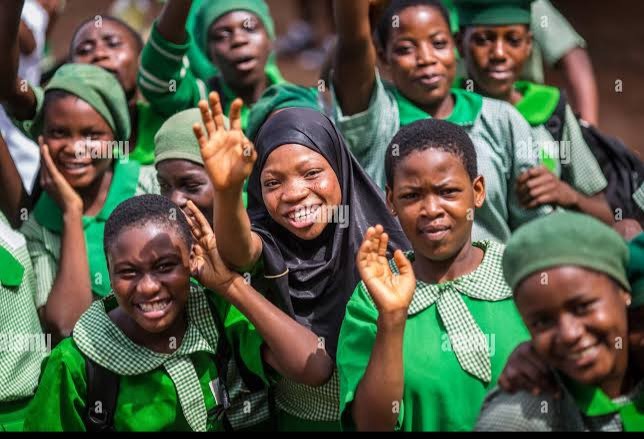Education as a Tool for Peace: Reducing Hate Speech and Insecurity in Nigeria

Education as a Tool for Peace: Reducing Hate Speech and Insecurity in Nigeria
Education has the potential to promote tolerance, understanding, and empathy among individuals from different backgrounds. By incorporating diverse perspectives and experiences into the curriculum, education can help break down stereotypes and prejudices that often fuel hate speech. Furthermore, education can foster critical thinking, enabling individuals to evaluate information, analyze arguments, and make informed decisions.
Hate speech and insecurity are often symptoms of deeper issues, such as poverty, inequality, and social injustice. Education can help address these root causes by providing individuals with the skills, knowledge, and attitudes necessary to participate in the economy, engage in civic activities, and advocate for their rights. By empowering individuals and communities, education can help reduce the sense of marginalization and exclusion that can drive hate speech and insecurity.
The Nigerian government’s initiative to introduce civic education into the school curriculum has helped promote tolerance, patriotism, and national unity. Non-governmental organizations (NGOs) such as the Nigerian Women’s Trust Fund have implemented education programs that focus on promoting gender equality, reducing violence, and empowering women. Community-based initiatives, such as the Interfaith Mediation Centre in Kaduna, have used education to promote interfaith understanding, tolerance, and peaceful coexistence.
In conclusion, education has the potential to play a transformative role in reducing the spread of hate speech and insecurity in Nigeria. By promoting tolerance, understanding, and empathy, education can help break down stereotypes and prejudices that fuel hate speech.
Furthermore, education can address the root causes of hate speech and insecurity, promote social cohesion, and empower individuals and communities. As Nigeria continues to grapple with these complex challenges, it is essential that education remains a priority, and that policymakers, educators, and civil society organizations work together to harness the power of education to build a more just, peaceful, and inclusive society.






